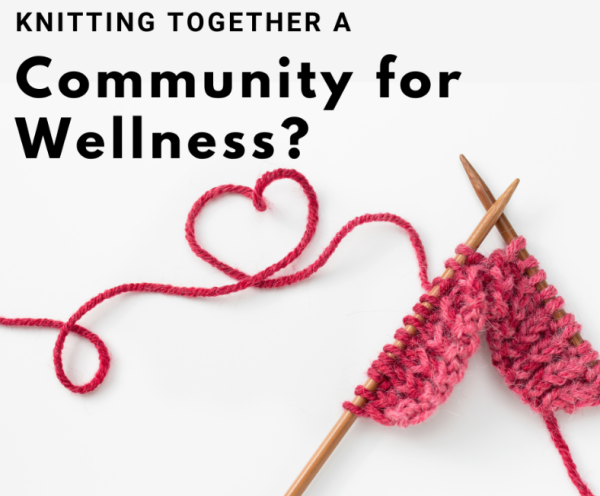
Annual Meeting Blog | Knitting Together a Community for Wellness?

Knitting together a community for wellness?
7 October 2020
“I don’t know how to knit. It seems complicated. But this past-time was brought up more than once by child protection specialists yesterday at the Annual Conference of the Alliance for Child Protection in Humanitarian Action.”
In their session, “Working Well: Staff Care and Well-being in Trying Times”, Anne-Sophie Lois, Melissa Pitotti and Nurhaida Rahim, in coordination with Plan International, asked participants how they were coping with work-related stress, especially during COVID-19. Participants attended from Bangladesh, Italy, Kenya, India Iraq, the Netherlands, Nigeria, Switzerland, Uganda, the U.K., the U.S., Zambia and elsewhere.
As people found ways to navigate the changes associated with COVID-19, participants shared several individual coping mechanisms, including exercise, art and music, reading, bird watching, meditation and mindfulness practice, cooking/eating, connecting virtually with friends and family, watching television, and most importantly, knitting, which prompted the proposal to create an aid worker knitting club.
But several emphasised that aid worker’s well-being is more than an individual's responsibility, it is also their organisation's, leading participants to discuss duty of care as it relates to the Core Humanitarian Standard.
When exploring the barriers organisations face to fulfilling Duty of Care, participants pointed out many challenges, including noticed differences in how organisations relate to international vs. national staff, staff vs. volunteers, men vs. women, staff with dependents vs. staff with no dependents, resource constraints, negative stigma associated with mental health and lack of clear policies for evaluation procedures for those whom get sick in the field.
As for potential solutions, participants expressed the need for evolving attitudes and organisational cultures that support well-being, applying a risk management perspective to the issue of well-being, applying the “do no harm” concept internally and externally to considering the linkages to safeguarding, investing in staff support to include access to fully functional clinical and peer support, allowing staff to work in flexible arrangements considering their family obligations and contexts, creating family friendly policies, and coaching/mentoring.
Moving forward, Nurhaida encouraged participants to connect with upcoming conversations organised as part of the CHS Alliance Initiative to Cultivate Caring and Compassionate Aid Organisations by contacting: compassionateorg@chsalliance.org
“I think knitting is a great metaphor for what the Initiative is trying to achieve. By bringing together colourful strands of great work that is already underway, we’re trying to connect people to create something beautiful and functional that helps our community feel better in trying times.”
- 73 views
